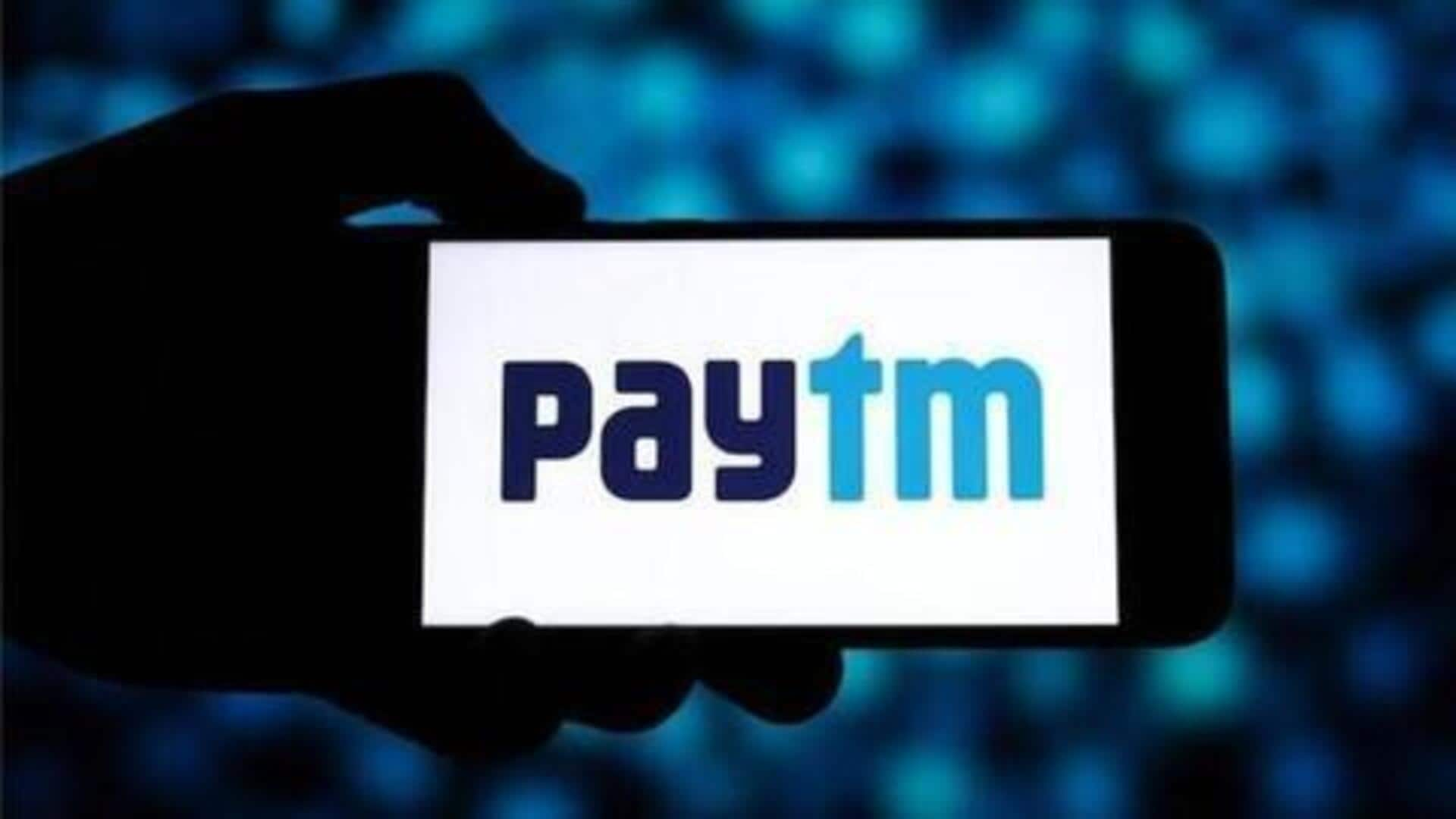
Paytm lays off more employees amid restructuring efforts
What's the story
One97 Communications, the parent company of the fintech giant Paytm, has announced another reduction in its workforce as part of a company-wide restructuring plan. The exact number of employees affected by this decision remains undisclosed. The company has assured that it will provide outplacement support to ensure a smooth transition for those impacted. This move comes after CEO Vijay Shekhar Sharma's announcement of the restructuring plan in May.
Workforce impact
Paytm's workforce reduced due to regulatory impact
In the March 2024 quarter, Paytm's sales employee headcount experienced a significant decrease of about 3,500 employees, bringing the total to 36,521. This reduction was primarily attributed to the regulatory ban imposed by the Reserve Bank of India (RBI) on services offered by Paytm Payments Bank. The ban, effective from March 15, prohibits the acceptance of deposits, credit transactions, or top-ups in any customer accounts, wallets, and FASTags.
Support measures
Outplacement support and job assistance for affected employees
Despite the layoffs, One97 Communications has assured that it will provide outplacement support to all affected employees. The company's human resource teams are actively collaborating with over 30 firms that are currently hiring. They are also providing assistance to employees who have opted to share their information, facilitating their immediate outplacement. Additionally, Paytm has confirmed that it will disburse bonuses due to employees, ensuring fairness and transparency in the process.
Business strategy
Company's focus on core businesses and cost efficiency
In a letter to shareholders on May 22, Sharma stated that the company will focus on its core businesses and improve cost efficiencies to create a leaner organization. He acknowledged that employee costs have risen significantly due to investments in technology and financial services. While these investments will continue, the company is also taking steps to reduce employee costs. Sharma estimated that these measures could save up to ₹500 crore annually.